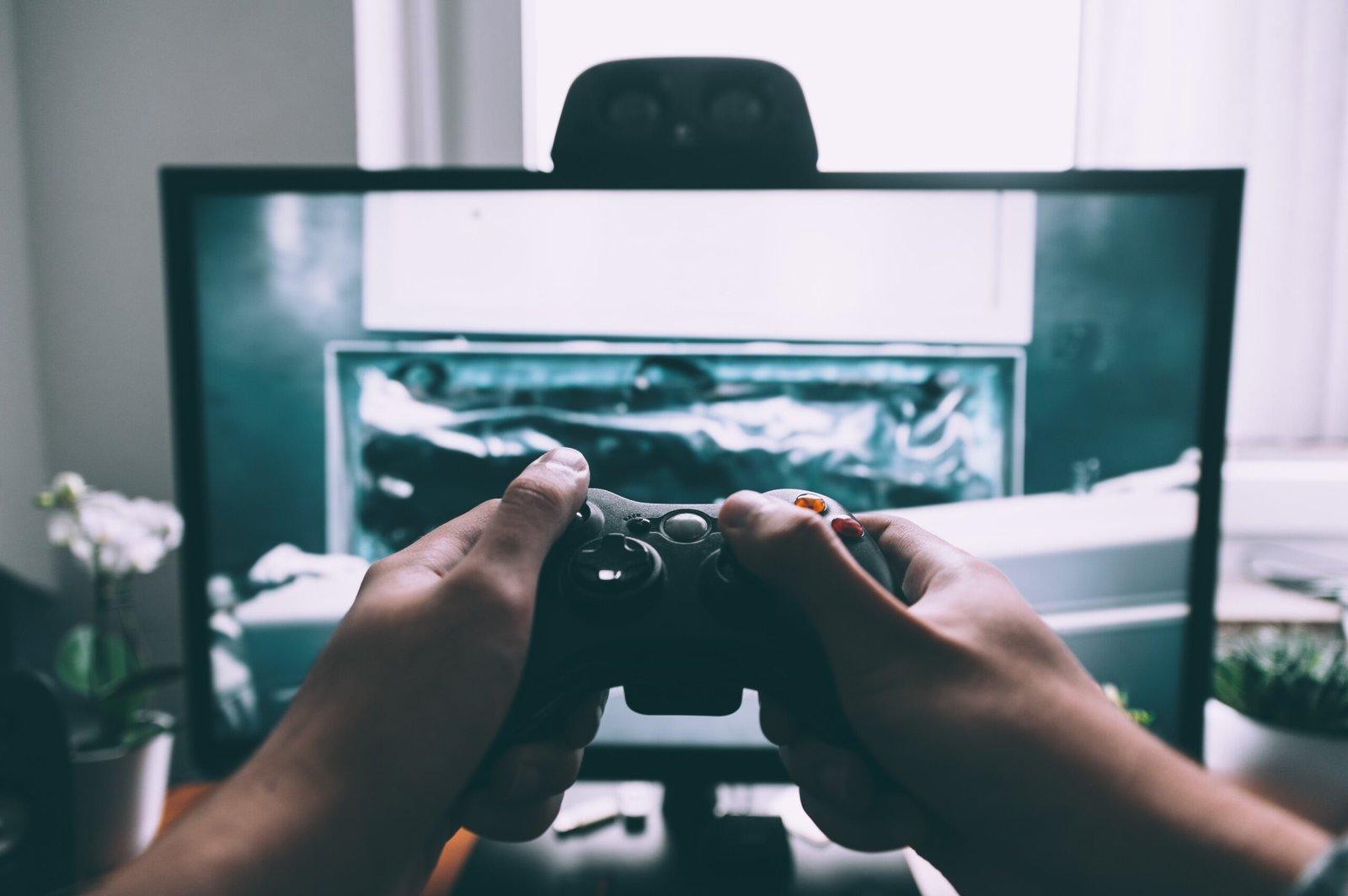A Candid Look at the Mental Health Toll of Dating Apps
Imagine, if you will, a relentless pursuit of connection in the digital age, where the heart’s desire for companionship is commodified into a swipeable format. Ed Turner’s journey into the vortex of dating apps like Tinder, Bumble, and Hinge began with a quest for validation but swiftly morphed into an addiction, with profound implications for his mental health and real-life relationships. This narrative isn’t unique to Turner; it’s a silent epidemic sweeping across the hearts and minds of digital daters worldwide.
The Allure and Addiction of Virtual Validation
Turner, like many others, was initially enticed by the promise of dating apps: a plethora of potential matches, each swipe a chance at love or at least momentary validation. However, the fleeting nature of these connections soon revealed a darker side. Neuroscientist Eldin Hasa describes this phenomenon as akin to addiction, with each match sending a surge of dopamine through the brain, reminiscent of the highs from gambling or substance use. This cycle of swiping, matching, and messaging became a relentless pursuit for Turner, one that seldom led to meaningful interaction but often to heightened feelings of loneliness and inadequacy.
The Impact on Mental Health and Relationships
The implications of Turner’s addiction extended far beyond the screen. His mood and personality were increasingly affected, exacerbating pre-existing mental health issues, including depression and borderline personality disorder. The constant quest for validation through superficial connections hindered his ability to form meaningful relationships, both online and offline. The behavior fostered by these platforms not only impacts individual users like Turner but also raises broader concerns about the mental health effects of dating apps. Research and lawsuits against app providers for their addictive features underscore the urgency of addressing this issue.
Breaking the Cycle: From Addiction to Recovery
Turner’s journey towards mitigating his reliance on dating apps has been a challenging yet enlightening path. Therapy and a conscious effort to establish healthier interactions with these platforms have been crucial in his recovery process. This story of struggle and resilience highlights the importance of acknowledging the addictive potential of dating apps and the need for a collective effort to promote healthier digital environments. It’s a call to action for individuals, mental health professionals, and app developers alike to consider the profound impact of our digital behaviors on mental health and well-being.
The narrative of Ed Turner’s experience with dating apps serves as a sobering reminder of the complex interplay between technology, human behavior, and mental health. As we navigate the digital dating landscape, it’s imperative to remember the value of genuine connections and the need to prioritize our mental health above the fleeting validation offered by a screen.



